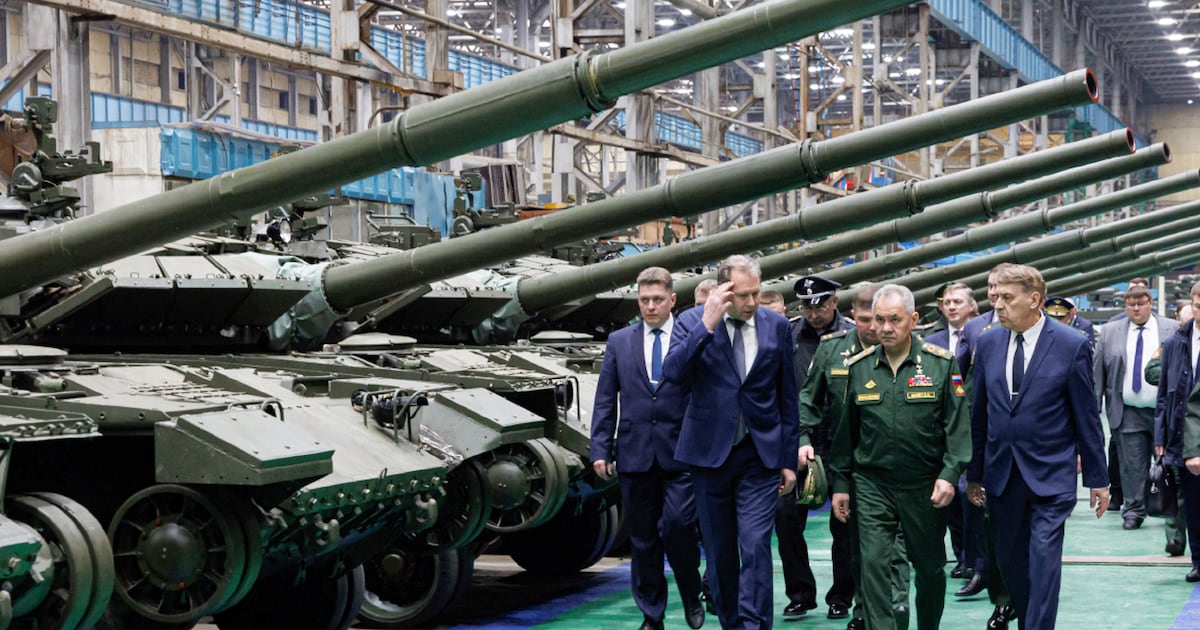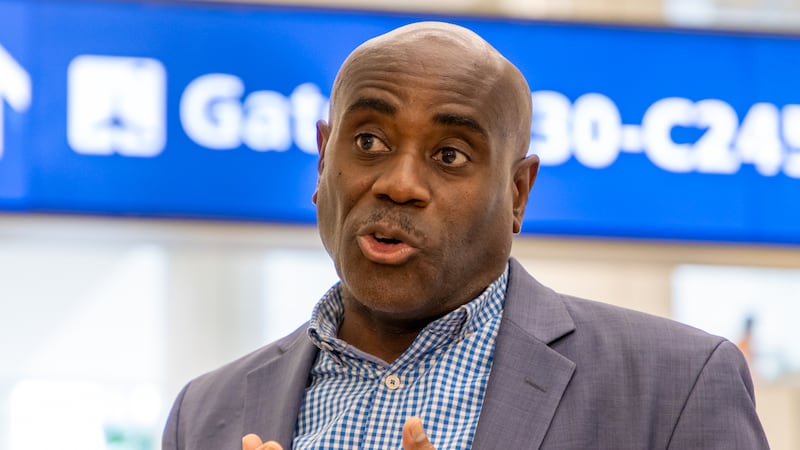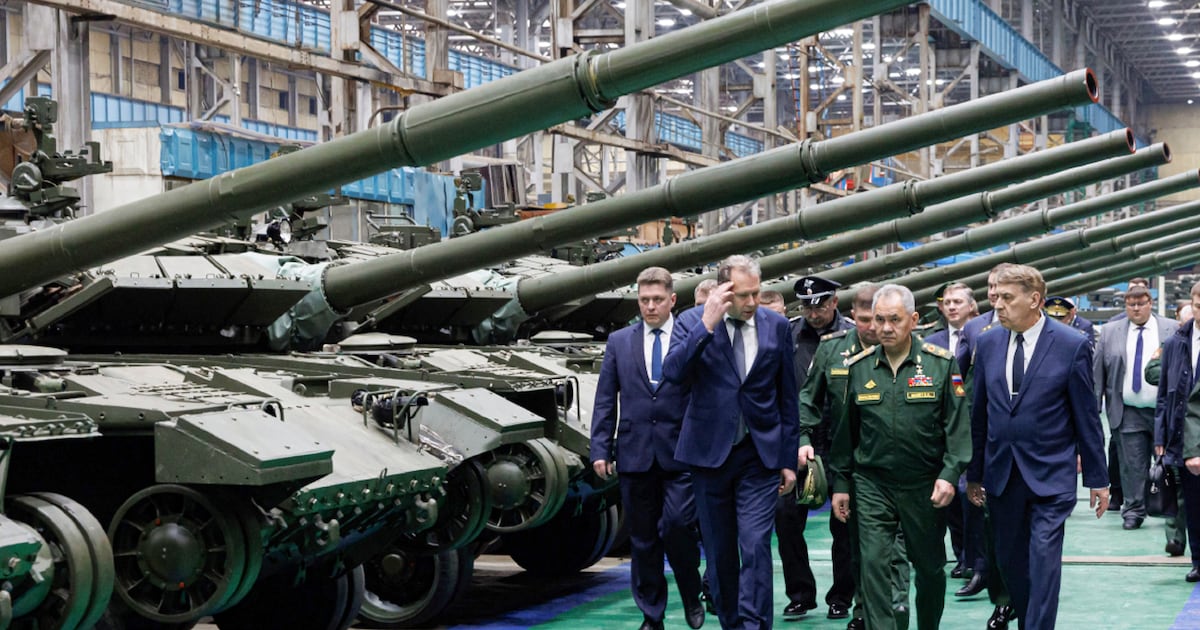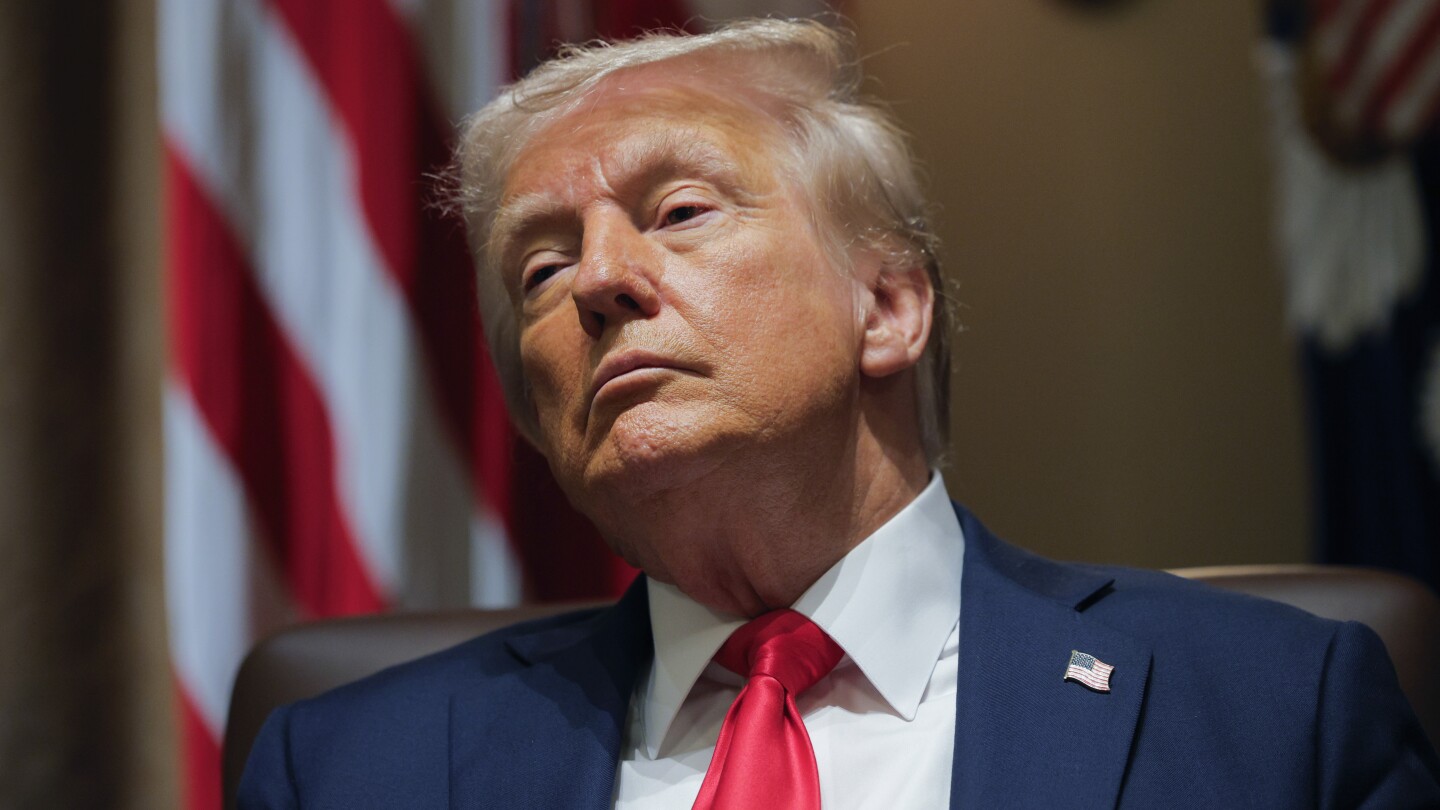## Global Chess Match: Trump & Putin’s Post-War Business Gambit The drums of war in Ukraine may be fading, but a new, more intricate game is about to begin. Forget tanks and missiles, this time the battlefield is the boardroom.
Rumors are swirling about a potential post-war meeting between former US President Donald Trump and Russian President Vladimir Putin. A business deal is on the table, one that could reshape the global landscape. But hold your horses, gamers – this isn’t a simple merger or acquisition. We’re talking about two titans, each playing a high-stakes game with decades of baggage, geopolitical ambitions, and a healthy dose of unpredictability.

The Challenge of Re-entering the Russian Market
Following the 2022 invasion of Ukraine, hundreds of foreign companies, including major U.S. firms like Coca-Cola, Nike, Starbucks, ExxonMobil, and Ford Motor Co., left Russia. However, with President Donald Trump expressing a desire to restore U.S.-Russia trade in the event of a peace settlement, and Russian President Vladimir Putin indicating that foreign companies could return under certain circumstances, the question remains: can U.S. companies successfully re-enter the Russian market?
While the prospect of reviving trade between the two nations may seem promising, Russia’s business environment has undergone significant changes since 2022, making it an increasingly difficult and uncertain landscape for foreign companies to navigate.

The ‘Unfriendly’ List: A Barrier to Re-entry
Russian law classifies Ukraine’s allies as “unfriendly states” and imposes severe restrictions on businesses from over 50 countries, including the United States. These restrictions limit cash withdrawals, equipment removal, and allow the Russian government to take control of companies deemed crucial to national interests.
Furthermore, foreign owners’ votes on boards of directors can be disregarded, and companies that left Russia were required to sell their businesses for 50% or less of their assessed value, or simply write them off while Kremlin-friendly business groups snapped up their assets on the cheap.
For example, under a 2023 presidential decree, the Russian government took control of Finnish energy company Fortum, German power company Unipro, France’s dairy company Danone, and Danish brewer Carlsberg. Even if a peace deal were to remove the U.S. from the list of unfriendly states and Western sanctions were lifted, the track record of losses would remain vivid.

Asset Seizures and Government Control: A Growing Concern
The Russian government’s seizure of assets from foreign companies, such as Fortum, Unipro, Danone, and Carlsberg, has created a chilling effect among U.S. businesses, making them wary of re-entering the market. This trend is unlikely to change, as Putin’s administration continues to prioritize state control and ownership of key sectors.
Moreover, the Russian government’s ability to disregard foreign owners’ votes on boards of directors raises concerns about the protection of minority shareholders’ rights and the potential for asset expropriation.

Legal Uncertainty and Favoritism: A Double-Edged Sword
Russia’s legal changes have created an environment of uncertainty and favoritism towards Kremlin-connected businesses, making it challenging for U.S. companies to operate in a transparent and predictable manner.
The government’s willingness to disregard international law and norms, as seen in the annexation of Crimea and the invasion of Ukraine, raises concerns about the protection of property rights and the rule of law.
Moreover, the preferential treatment of Kremlin-connected businesses, such as Vkusno-i Tochka (Tasty-period), the Russian-owned company that took over McDonald’s restaurants in Russia, creates an uneven playing field and undermines the principles of fair competition.
Putin’s Vision for a Tech-Controlled Russia
Russian President Vladimir Putin has articulated a clear vision for a tech-controlled Russia, where domestic companies thrive while Western tech giants are throttled. This vision is rooted in Putin’s desire to reduce dependence on foreign technology and promote the development of domestic innovation.
Strangling the Giants: A Threat to Western Tech Businesses
Putin’s comments about “strangling” Western tech companies like Zoom and Microsoft, which have restricted their services in Russia following the invasion of Ukraine, highlight the risks and challenges facing U.S. tech businesses operating in Russia.
The Russian government’s willingness to impose restrictions on foreign tech companies, such as limiting access to the Russian market or imposing surveillance requirements, creates uncertainty and undermines the competitive advantage of Western tech giants.
Furthermore, the Russian government’s investment in domestic tech companies, such as Vkusno-i Tochka, the Russian-owned company that took over McDonald’s restaurants in Russia, increases the pressure on foreign players to adapt to the changing regulatory landscape.
Nurturing Domestic Competitors: A Growing Threat to Foreign Players
Putin’s strategy of supporting Russian tech companies, through state funding and preferential treatment, creates a favorable environment for domestic competitors to flourish.
The Russian government’s investment in domestic tech companies, such as Yandex and Mail.ru, has enabled them to challenge the dominance of Western tech giants in the Russian market.
Moreover, the preferential treatment of domestic tech companies, such as Vkusno-i Tochka, creates an uneven playing field and undermines the principles of fair competition, making it increasingly difficult for foreign players to compete.
The Case of McDonald’s: A Cautionary Tale
The example of McDonald’s, which sold its Russian operations to Vkusno-i Tochka, highlights the risks and challenges facing U.S. businesses operating in Russia.
The Russian government’s willingness to expropriate foreign assets, as seen in the case of McDonald’s, creates uncertainty and undermines the protection of property rights.
Moreover, the preferential treatment of domestic companies, such as Vkusno-i Tochka, creates an uneven playing field and undermines the principles of fair competition, making it increasingly difficult for foreign players to compete.
Conclusion
So, the curtain’s about to close on Act One of the Ukraine saga, but the drama’s far from over. The AP News report reveals that Trump and Putin, with their shared penchant for power plays and a history of uneasy alliances, are itching to get back to “business” once the fighting subsides.
But this isn’t just a backroom deal for a few favors. The implications are vast. Imagine a world where the US and Russia, already on shaky ground, are further entangled in a web of shared interests, potentially at the expense of global stability. Will this newfound partnership usher in a new era of cooperation, or will it simply mask simmering tensions, leaving the world teetering on the brink of another geopolitical crisis?
The future hangs in the balance. While the world watches the battlefield in Ukraine, it’s crucial to remember that the biggest battles might be fought not with bombs and bullets but with diplomacy, alliances, and the ever-shifting tides of power. The question remains: will we be spectators to a new Cold War, or will we find a way to rewrite the script?